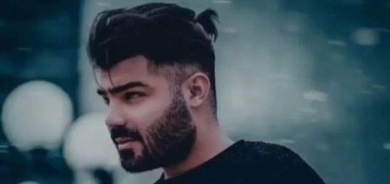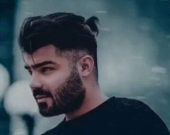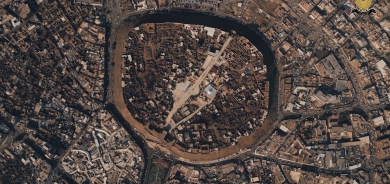Ukraine crisis: Turchynov warns of 'separatism' risk

His comments came amid continuing opposition in Ukraine's Russian-speaking regions to the new administration in Kiev.
The formation of a unity government has been delayed until Thursday.
Parliament has now voted strongly in favour of trying Mr Yanukovych at the International Criminal Court (ICC).
Ukraine is not a signatory to the ICC convention. The BBC's Anna Holligan, in The Hague, says it is by no means automatic that the ICC would accept a case from Ukraine.
The ICC is a court of last resort, our correspondent says - it will only try a case if the country concerned is genuinely unwilling or unable to do so.
A spokesman for the court told the BBC that states cannot ask the ICC to investigate a specific individual, only a set of events. The decision to prosecute an individual would rest with the ICC prosecutor.
'Serious crimes'
In its resolution on trying Mr Yanukovych at the ICC, parliament said he had been involved in "serious crimes".
The ex-president is accused of being behind the deaths of more than 100 people during police violence against protesters.
MPs also want former Interior Minister Vitali Zakharchenko and former Prosecutor-General Viktor Pshonka tried.
Mr Yanukovych has been missing since last week. He was last reportedly seen on Sunday in Balaklava, on the Crimean peninsula. A warrant has been issued for his arrest.
There are unconfirmed reports that one of his former aides, Andriy Kliuyev, has been shot and wounded.
A spokesman was quoted on local media as saying Mr Kliuyev's life was not in danger. It is not clear whether Mr Kliuyev, the former head of the presidential administration, was with Mr Yanukovych at the time.
'Serious threat'
Addressing parliament, Mr Turchynov said he would meet law enforcement agencies to discuss the risk of separatism in regions with large ethnic Russian populations.
Separatism was a "serious threat", he said.
Crimea and some pro-Russian areas in the east have seen protests against the overthrow of Mr Yanukovych, sparking fears of secession.
The delay in announcing a unity government was to allow further consultations, Mr Turchynov said, adding that "a coalition of national faith must be elected".
'Non-intervention'
Russia has been vehemently opposed to the changes in Ukraine, with Prime Minister Dmitry Medvedev saying on Monday that those behind the new administration had conducted an "armed mutiny".
At a news conference in Moscow on Tuesday, Mr Lavrov warned other states against seeking "unilateral advantages" in Ukraine, but said Russia's "policy of non-intervention" would continue.
Mr Lavrov added that "it is in our interest for Ukraine to be part of the broad European family" but against Russia's interest to "allow the radicals and nationalists who are clearly trying to take centre stage to prevail."
Elections
One of the most prominent figures in the opposition, former heavyweight boxing champion, Vitali Klitschko, has confirmed that he will be a candidate in elections scheduled for 25 May.
A spokesman for former PM Yulia Tymoshenko, who was released from jail on Saturday, says she has not yet decided whether to run for the presidency.
In the eastern city of Kharkiv, where Mr Yanukovych has enjoyed support, the head of the regional state administration has said he will be a presidential candidate.
Speaking on Kanal 5 TV, Mykhaylo Dobkin, gave as his reason "the fact that a total attack on the rights of the Russian-speaking population is under way, that laws are being adopted that threaten all those who do not accept fascism and Nazism".
Meanwhile, UK Foreign Secretary William Hague is to meet US Secretary of State John Kerry in Washington later to discuss emergency financial assistance to Kiev.
Mr Hague has warned that Ukraine faces imminent economic collapse without support from the international community.
The US has already said it is ready to give financial support to Ukraine to complement any future loan from the International Monetary Fund (IMF).
Ukraine is facing bankruptcy. Further promised loans from Russia are looking increasingly unlikely.
The Ukrainian currency has sunk again, hitting a new low of 9.70 hryvnia to the dollar on Tuesday.
EU foreign affairs chief Catherine Ashton has been having further talks in Kiev to discuss financial and political support for Ukraine's new leaders.
She urged the interim authorities to include Yanukovych supporters in any new government.
"We are here to say we want to support and help the country so stay strong and to go forward in the way it chooses," she told reporters after a second day of meetings.
Senior US officials, including Deputy Secretary of State William Burns, will join EU officials in Kiev to participate in two days of meetings with political, business and civil society leaders.
Thousands of people remain in Kiev's Independence Square, the Maidan.
Unrest in Ukraine began in November when Mr Yanukovych rejected a landmark association and trade deal with the EU in favour of closer ties with Russia.
BBC














